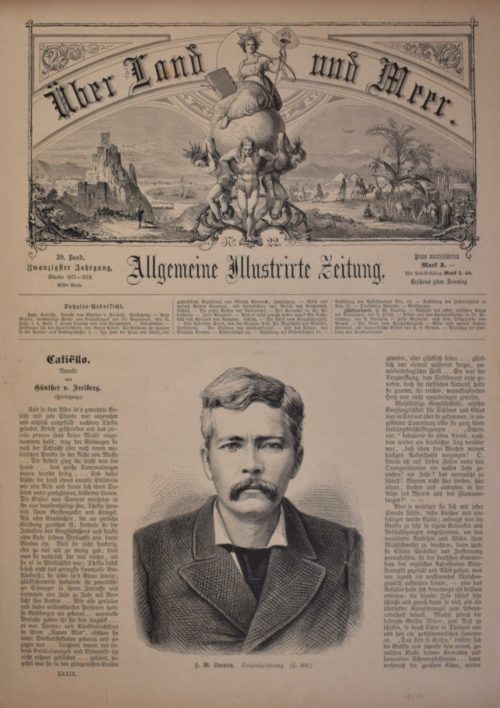Sat 9 Jan 2021
A front-page look at history
Posted by DavidMitchell under Uncategorized
1 Comment
Perhaps it’s just the newspaperman in me, but over the years I’ve collected numerous front pages reporting historic events. How events were covered as they unfolded often determines how they are remembered.

No other front page ever brought so much joy to my family as this San Francisco Chronicle on Aug. 15, 1945, shortly before my second birthday.

The Berlin Wall is breeched.
“The fall of the Berlin Wall,” Nov. 9, 1989, was a pivotal event in world history which marked the falling of the Iron Curtain and the start of the fall of communism in Eastern and Central Europe,” to quote Wikipedia. “The fall of the inner German border took place shortly afterwards. An end to the Cold War was declared at the Malta Summit three weeks later, and the reunification of Germany took place in October the following year.”

It’s now mostly forgotten, but before the fall of the Berlin Wall, British Prime Minister Margaret Thatcher told Soviet General Secretary Mikhail Gorbachev that neither the United Kingdom nor Western Europe wanted the reunification of Germany. She said they feared a revival of German imperialism, but the argument didn’t hold.

A new day in America.
Despite pockets of racism, the United States elected Barack Obama its first Black president in 2008 and reelected him in 2012.

Officers with guns drawn confront protesters breaking into the House chamber.
But now we have an insurrection with a pro-Trump mob breaking into the US capital building on Wednesday in an attempt to stop the Electoral College from confirming Joe Biden as our president-elect. Five people were killed, windows were broken, doors were smashed, vandals damaged the building’s interior.
The FBI is investigating, and it seems that the Trump crowd may be planning additional riots in each state on or around Jan. 20, when Biden will be inaugurated as our new president.
The violence has shocked the Western world but was gleefully reported in Russian and Chinese news media.
______________________________
Rather than end with news as dreadful as the pro-Trump insurrection, I’ll take a jump back to earlier times when deeds counted more than lies.

Henry Morton Stanley on the cover of Allgemeine Illustrite Zeitung, 1877.
“On March 21, 1871, Henry Morton Stanley set out from the African port of Bagamoyo on what he hoped would be a career-making adventure. The 30-year-old journalist had arrived on the Dark Continent at the behest of the New York Herald newspaper,” the website History relates. “He had been placed in charge of a grand expedition to find the explorer David Livingstone, who had vanished in the heart of Africa several years earlier.
“Dr. Livingstone was the most renowned of all the explorers of Africa. Among other exploits, the Scottish missionary and abolitionist had survived a lion attack, charted the Zambezi River and walked from one side of the continent to the other. In 1866, he had embarked on what was supposed to be his last and greatest expedition: a quest to locate the fabled source of the Nile River.
“The mission was supposed to last two years, yet by 1871, nearly six years had passed with only a few scattered updates on Livingstone’s whereabouts. Many Europeans had given him up for dead.
“Stanley knew that Livingstone had last been spotted in the vicinity of Lake Tanganyika, but reaching the area proved to be a monumental task. Between March and October of 1871, the New York Herald expedition endured repeated setbacks as it trudged though endless miles of swampland and jungle. Crocodiles and swarming tsetse flies killed their pack animals, and dozens of porters abandoned the caravan or died from illnesses. By the time they arrived at Ujiji, a remote village in what is now Tanzania, they had crossed more than 700 miles of territory.
“On Nov. 10, 1871, after hearing rumors of a white man living in Ujiji, Stanley donned his finest set of clothes and entered the town with a small band of followers. As crowds of locals gathered around them, Stanley spied a sickly-looking European with an unruly beard and white hair.
“Sensing that he had found his man, he approached, extended his hand, and asked a now-famous question: ‘Dr. Livingstone, I presume?’ When the stranger answered in the affirmative, Stanley let out a sigh of relief. ‘I thank God, doctor, I have been permitted to see you,’ he said.
“After being resupplied by Stanley, [Livingston] parted ways with his rescuers in March 1872 and made his way south to Lake Bangweulu in modern day Zambia. His illnesses later caught up with him, however, and he died from malaria and dysentery on May 1, 1873.”

Splendid coverage of front page stories and a clever way to put our modern horrific events in Washington DC in a greater context. Well done Dave—you deserve The Pulitzer Prize continuously. With admiration from your former cub Light reporter Marian Huntington